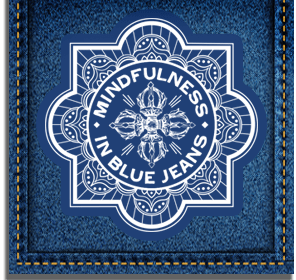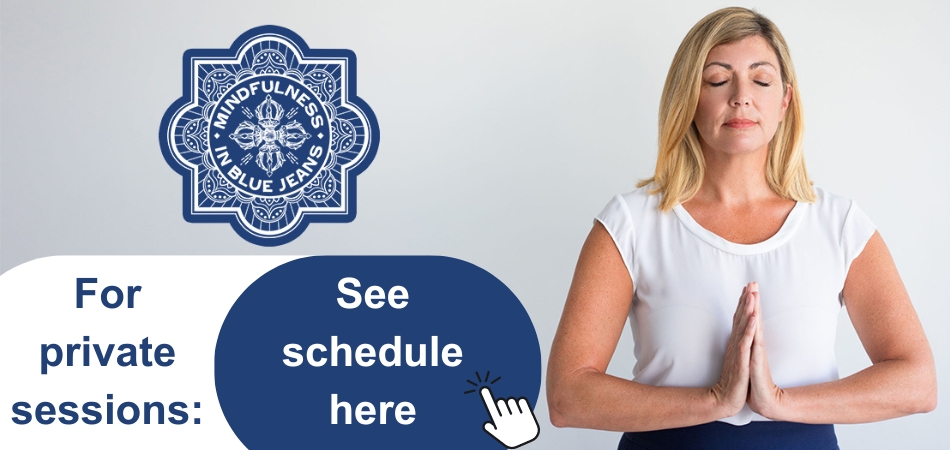One of the most poignant things I ever heard happened at the unlikeliest of moments.
I played in my first rock band during my middle years of high school. (We were terrible.) Since I was the drummer, we defaulted to rehearsing in my mother’s basement. Being a typical unfinished, damp basement, we had a portable dehumidifier on a shelf near my drum kit. As the humidity in the room rose, it would start up and run with a fairly loud hum; once the moisture dropped to a level the appliance considered acceptable, it turned off and waited for an increase to trigger it again.

One evening, we were playing (if you want to call it that) a song (again, if you want to call it that), and when we finished, we started talking for several minutes. The dehumidifier had apparently kicked on while we were playing, and was still running when we stopped and talked. During a pause in the conversation, the humidifier happened to turn off, leaving a sudden, gaping silence. One of my bandmates perfectly summed up the experience:
“That’s one of those noises you don’t hear until it stops.”
Years later, this assessment came back to me during a sitting. The style of meditation that I practice and teach was developed and taught by the Buddha over 2500 years ago. His sole purpose for teaching was to show others how he released himself from stress and suffering so that we might do the same. Now, as then, so much of our stress and suffering comes from the thoughts, speech, and action we’re doing on auto-pilot.
Some of these patterns might have been useful earlier in our lives, and we never stopped to reassess them. Perhaps some of them were taught to us – explicitly or otherwise – and were never actually helpful, but became habitual regardless. Each auto-pilot habit – whether it’s an outward physical activity, or just an internal thought pattern – is like that noise we don’t hear anymore.
Until it stops.
Insight arises when the inner noise we haven’t been hearing finally stops.
Like that trusty old dehumidifier, we dial ourselves up and down based on how we’re perceiving our inner and outer environment. If our perceptions aren’t accurate, we can’t regulate ourselves properly. We end up running when we don’t need to, and find that we can’t operate properly when the time is right. Worst of all, because we haven’t honed our skills of perception, we can’t even perceive THAT imbalance accurately, and we remain trapped in the cycle of stress and suffering. This is what the Buddha referred to as “ignorance,” and this is how it compounds itself.
In vipassana (insight meditation) practice, we learn how to hear that noise inside … and also see how we’re creating it.
Fortunately, this is still OUR cycle, which means we can change it; it’s Karma 101 that we can each only change our own cycles. As we follow the Buddha’s guidance and develop skillful qualities like concentration and mindfulness, we sharpen our discernment. This paves the way for that “clear seeing” we’re always talking about, and it’s that clear seeing – or, more appropriately for our current metaphor, clear hearing – that gives us the information we need. Like how we should tune our levels for peak performance. Like which auto-pilot habits might not be serving us anymore.
Or like how crappy our band might be.
Questions? Comments? Ready to recalibrate yourself? Drop me a line or set up some time for some extra light on your path.

